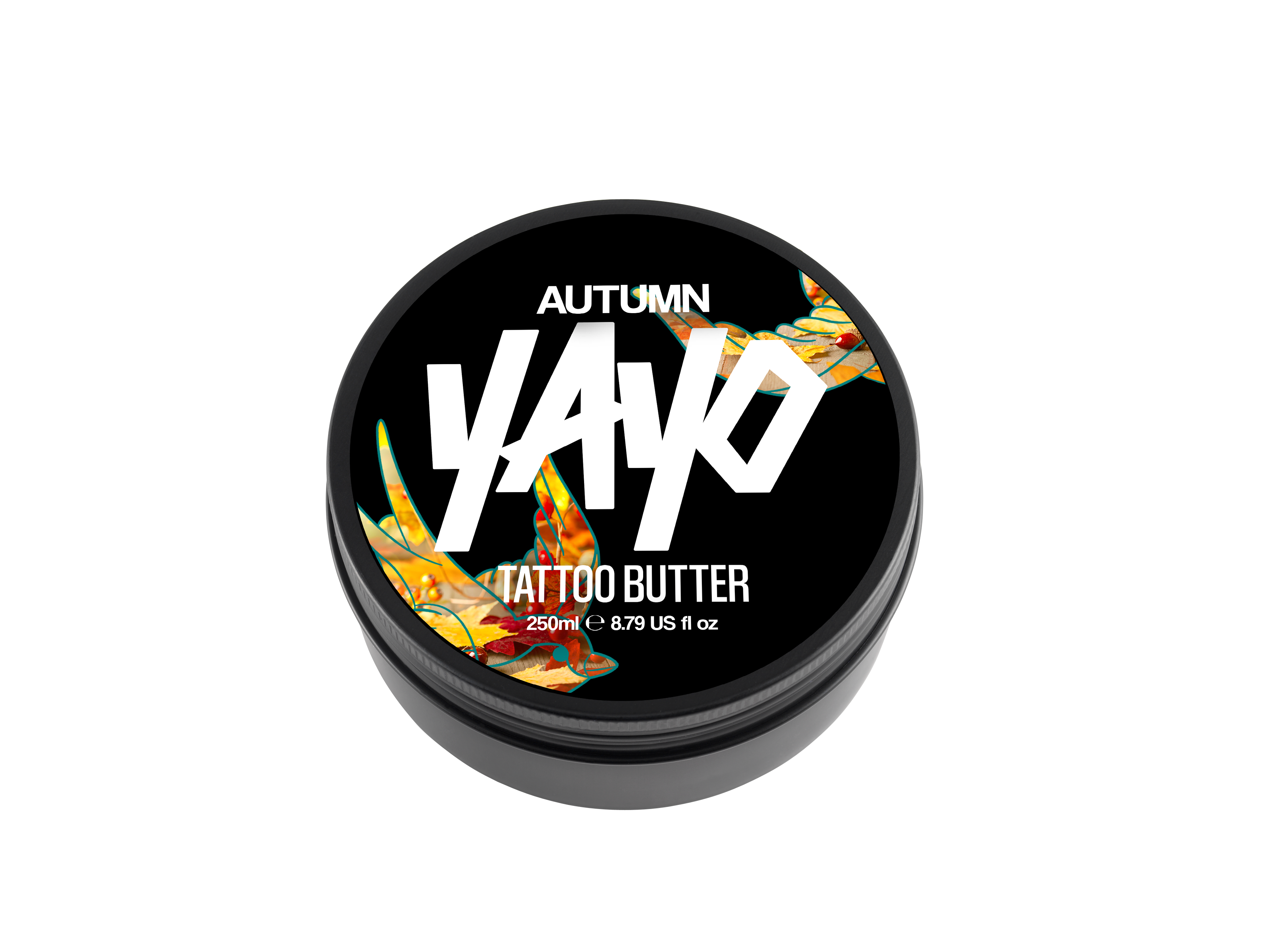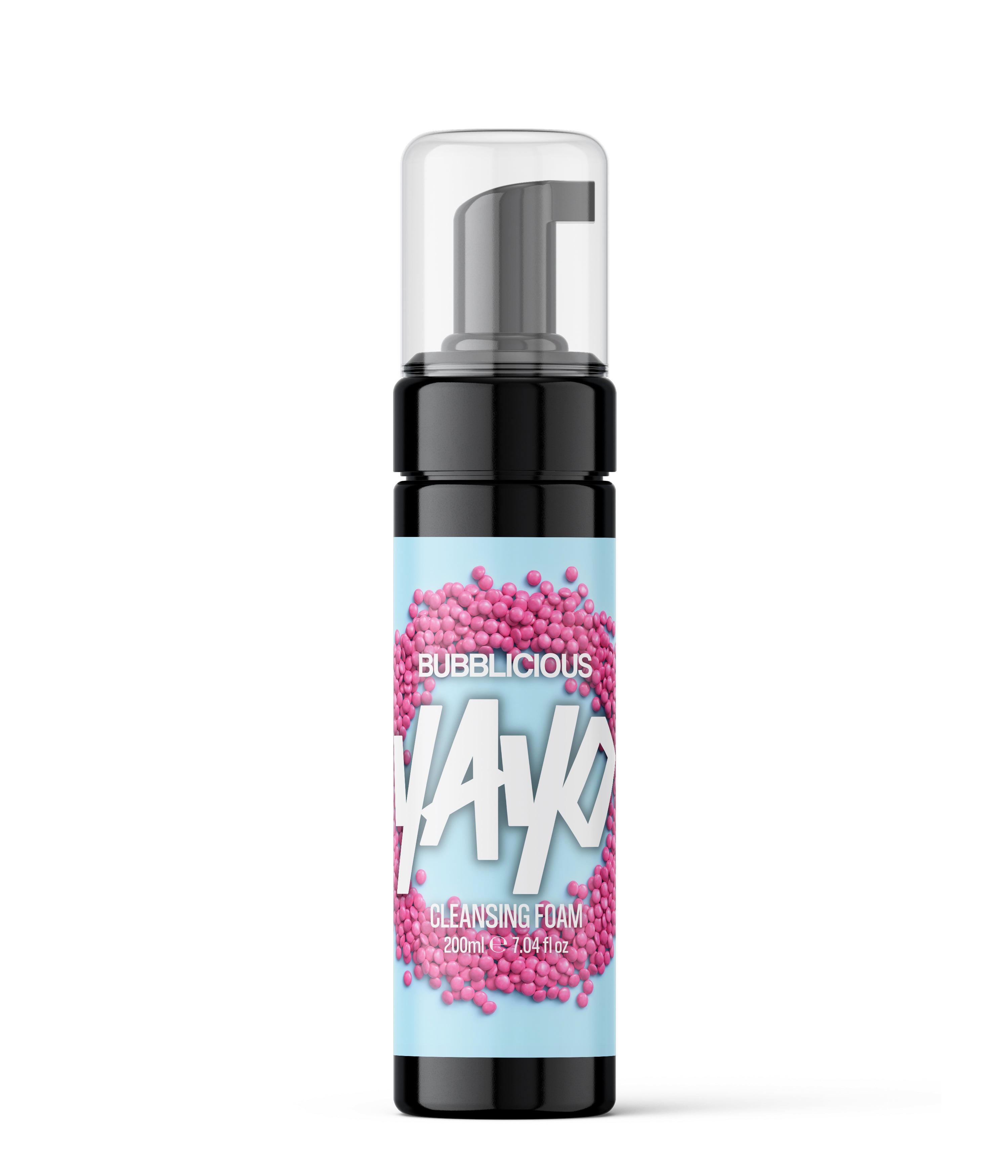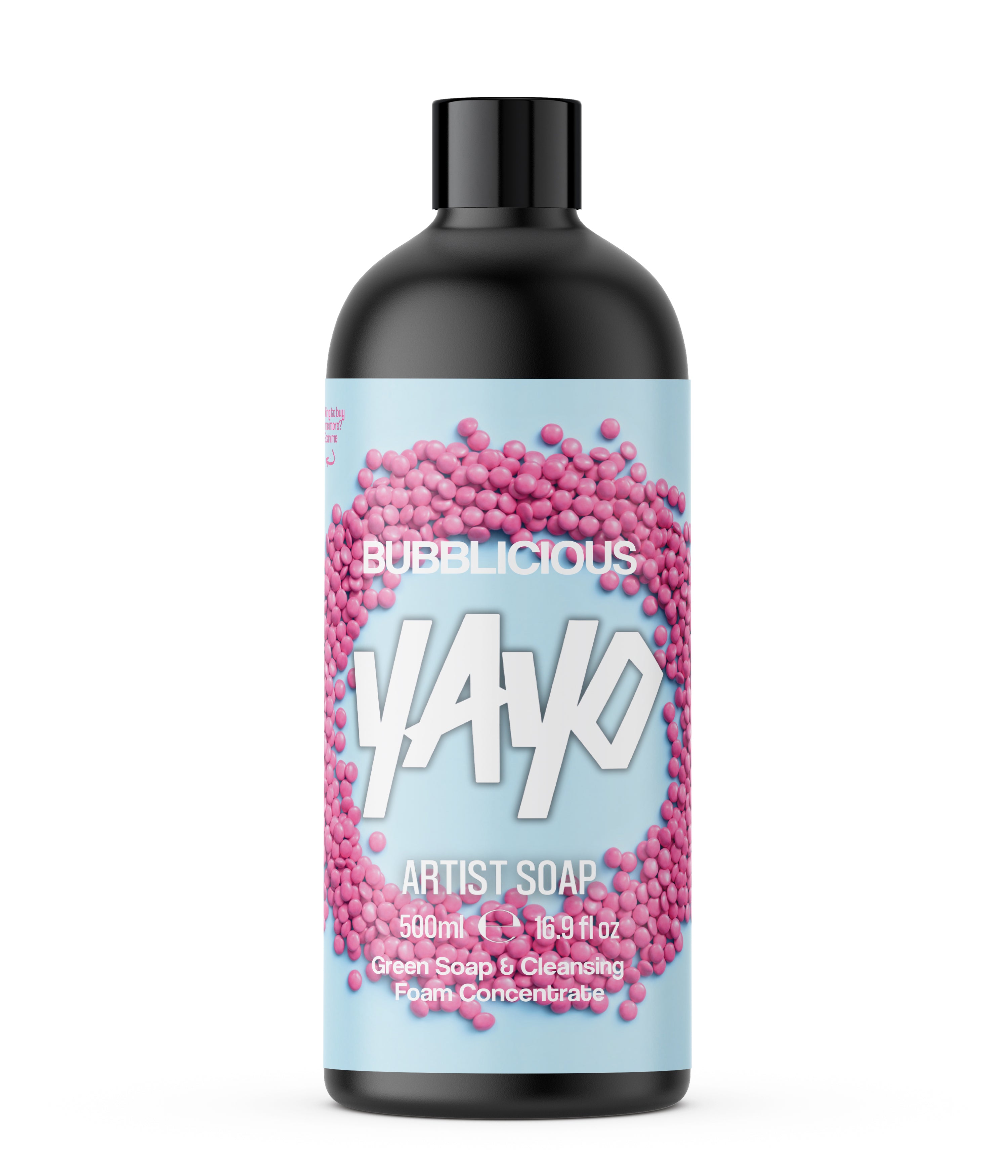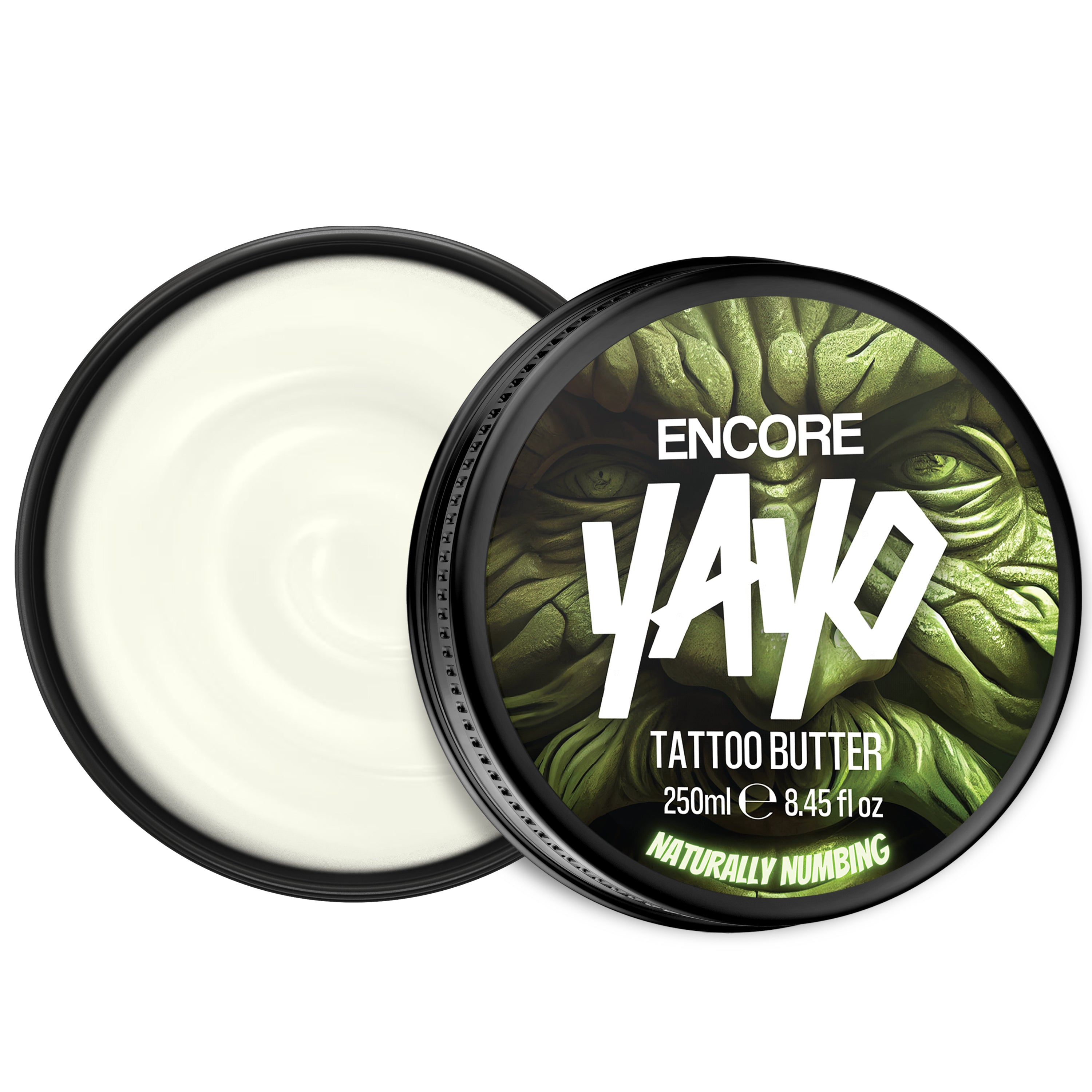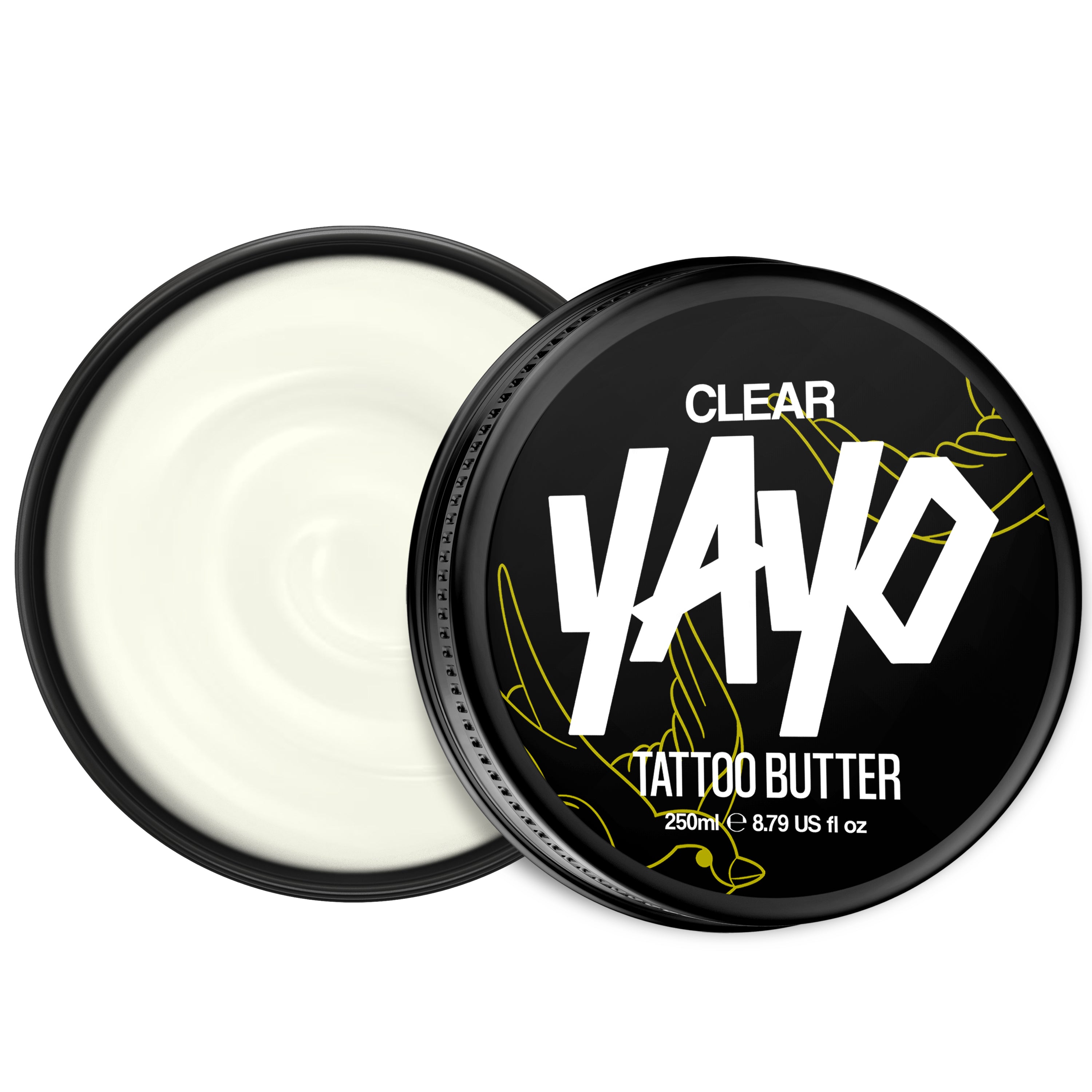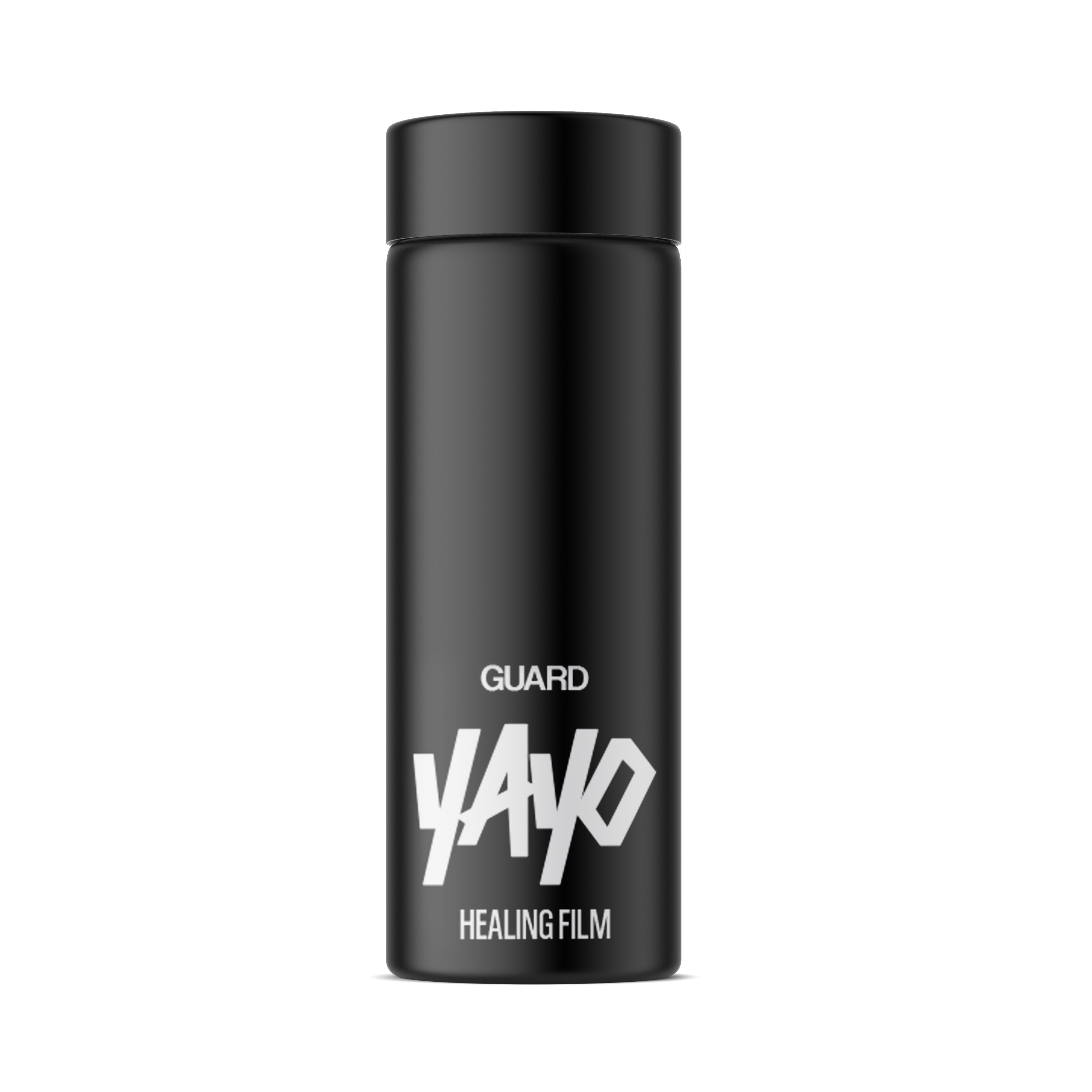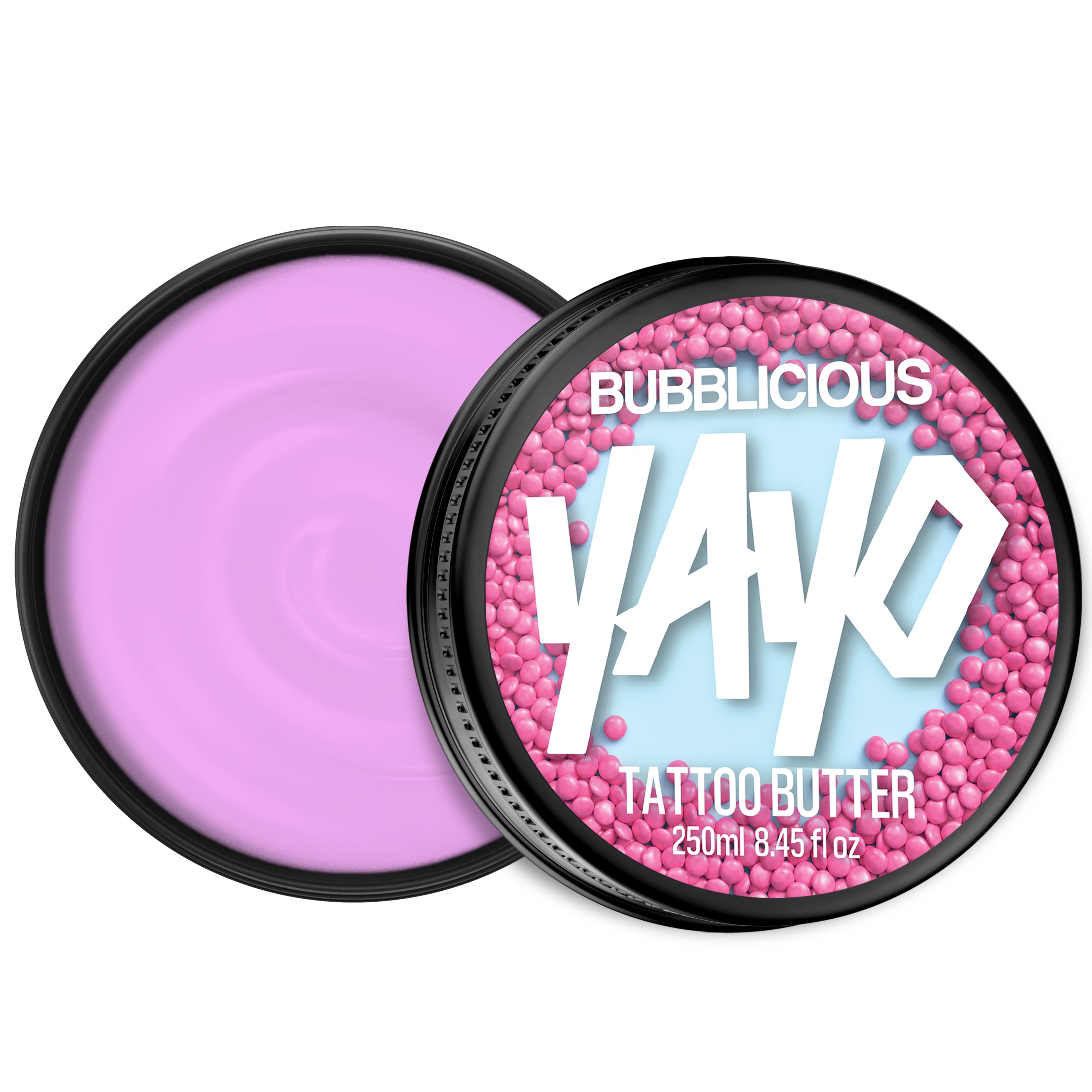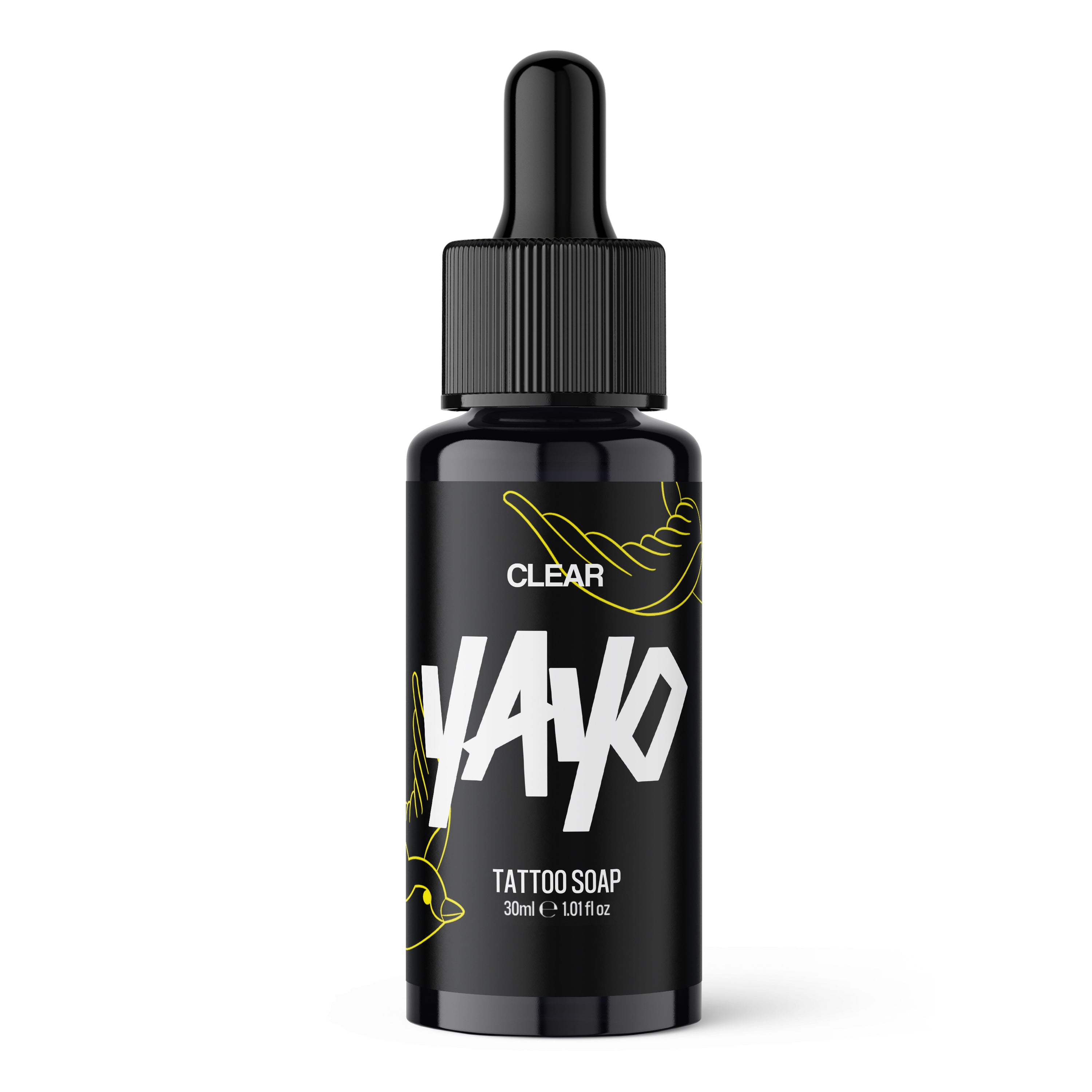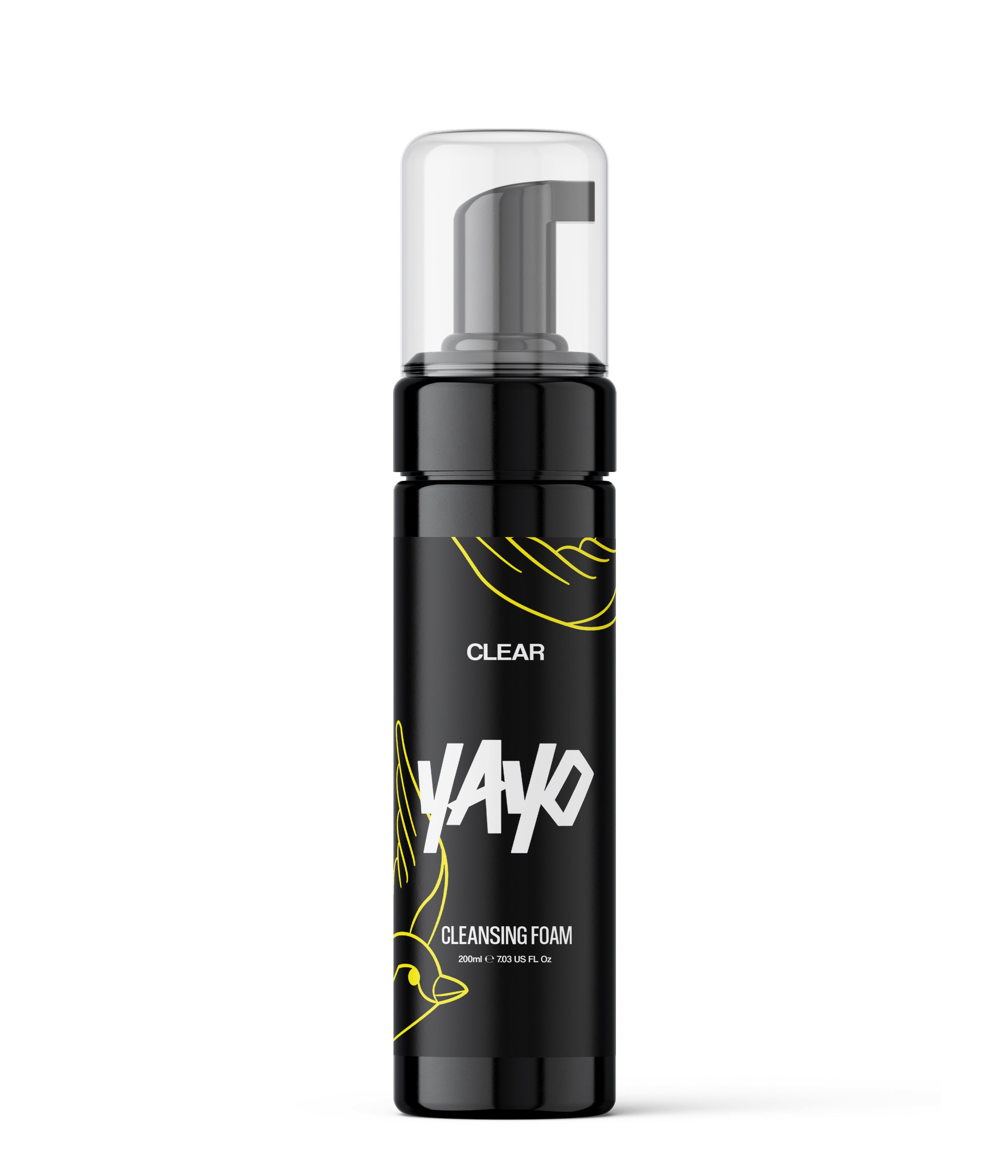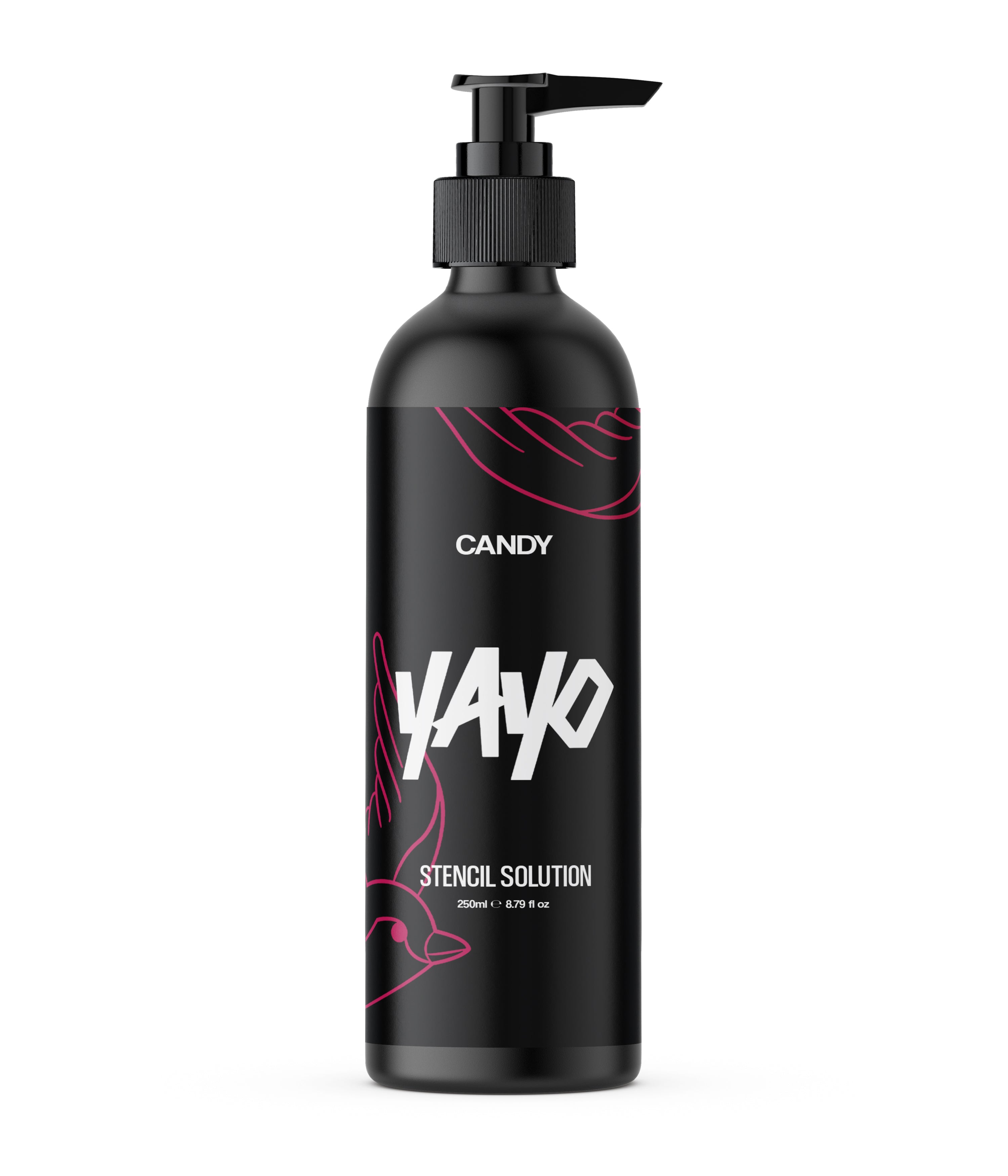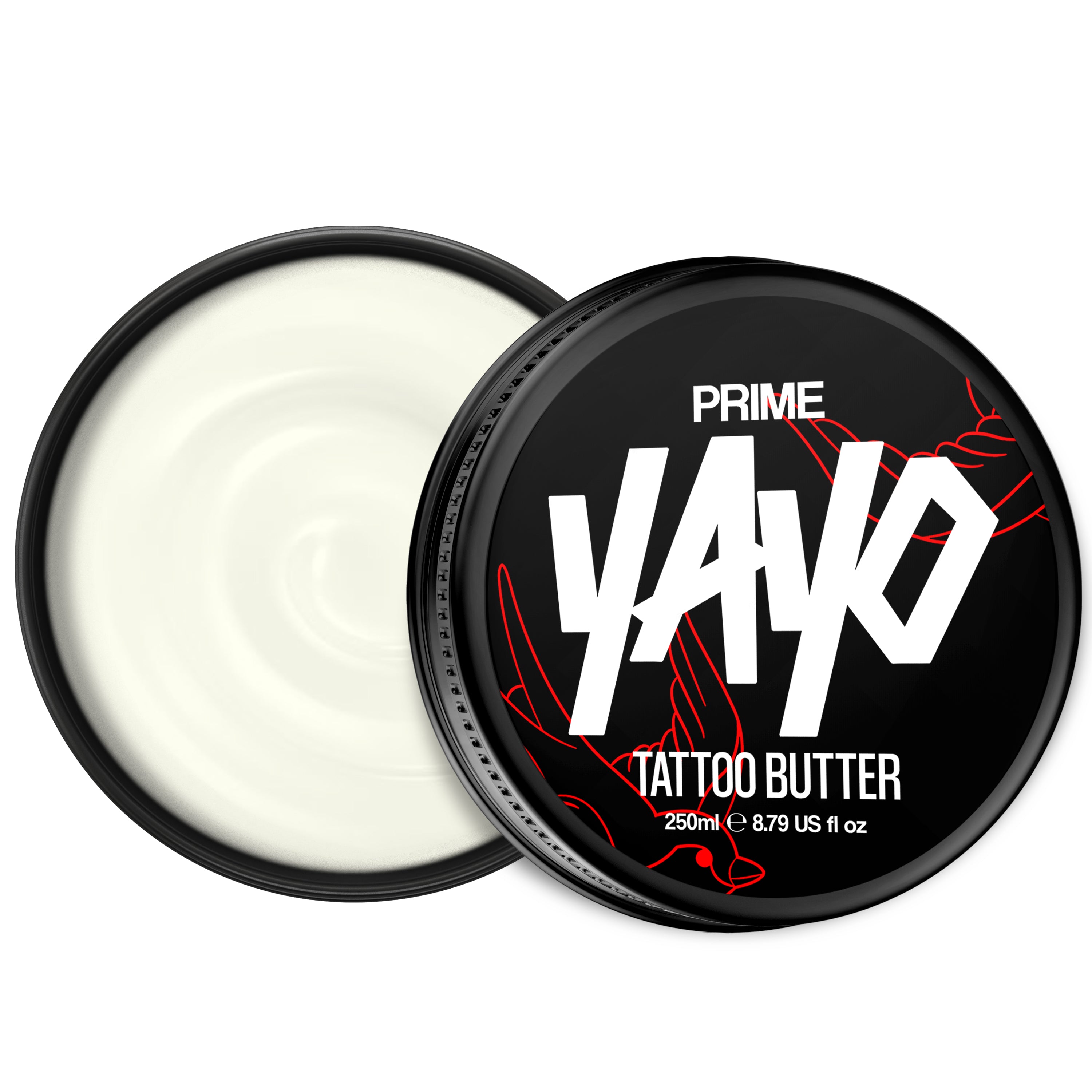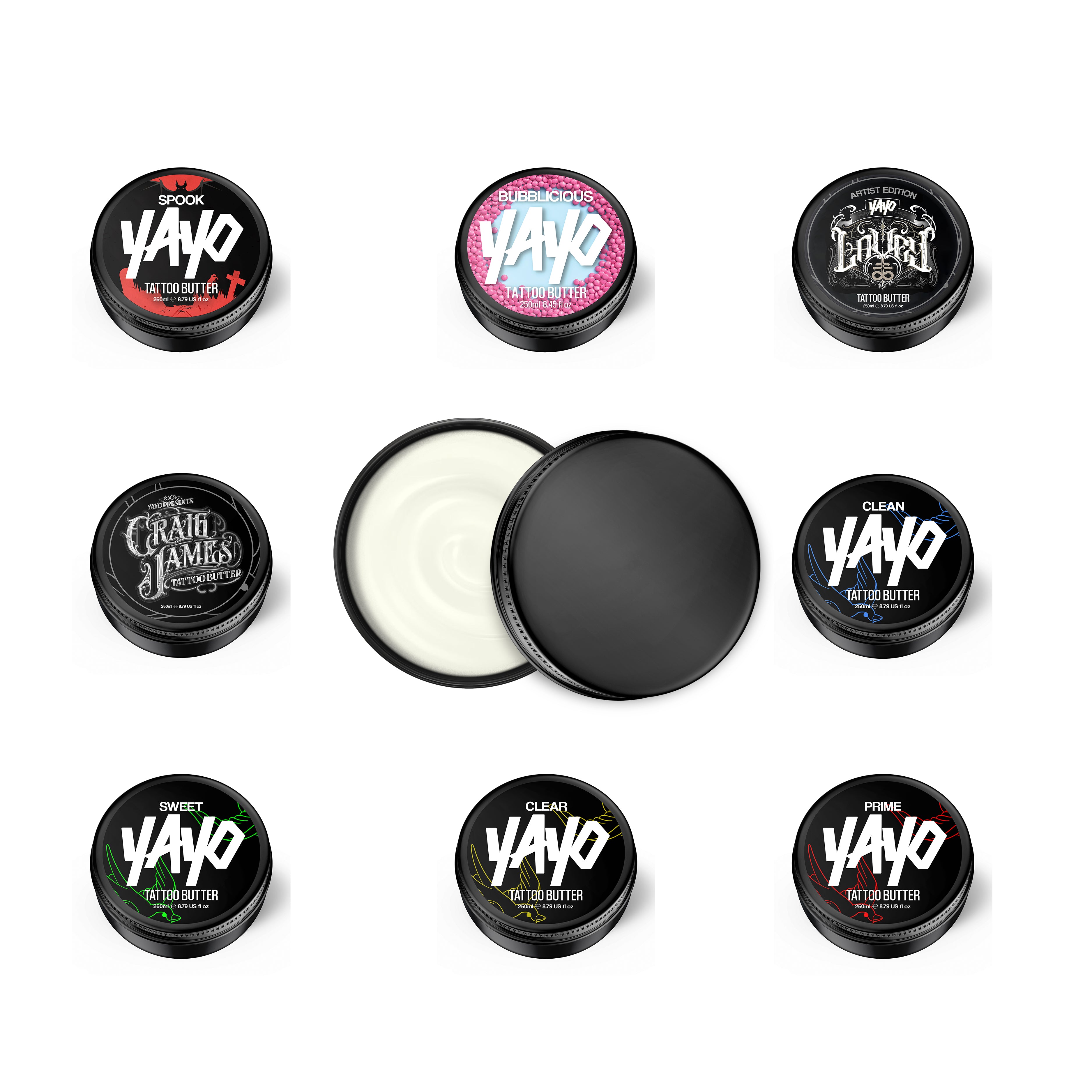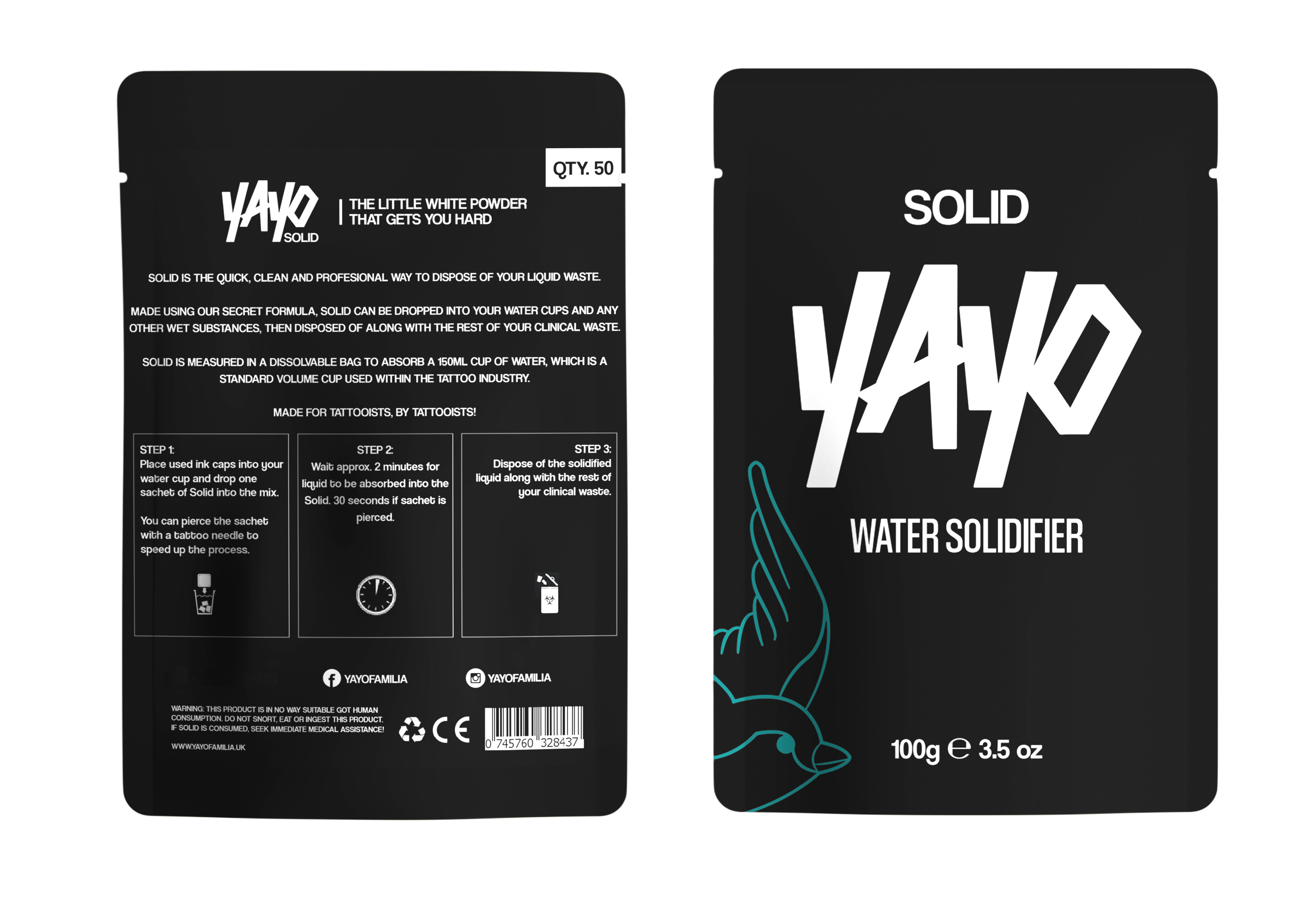The touch of evil. Yayo talks tattoo prejudice with Paul LaVey, Troy Tuck and Meraki Fade.

It is sad that we live in a world full of discrimination. People continue to judge others by their appearance and cast negative stereotypes on those that are different to them. But is tattoo prejudice still alive and well in 2020? Yayo sent out investigative journalist Matt Haddon-Reichardt, to get the answer.

I had a new garden fence installed this week. You may wonder what that dull fact has to do with tattoos but please, bare with me. The old fence had been on its way out for a while and the neighbour had resorted to propping it up during strong winds. It was unclear who was responsible for the boundary so we decided to go halves on the cost of getting a brand spanking new fence fitted. We’ve only been living in the house 18 months and as is usual in the modern world we’d never had a conversation with our neighbours. So when Steve, our neighbour, approached me about the fence matter it was the first time we had spoken.
Steve presented as a mild mannered, middle aged man, who seemed nervous talking to me. He tried hard to hide his anxiety behind the awkward offer of a beer and a man to man chat on the back garden about all things fence related.
After our powwow I was puzzled why he seemed so nervous talking to me. I’m an easy going guy and years of interviewing people for the tattoo industry has given me the kind of social skills where I can pretty much rub along with anyone. I asked my wife, a psychiatric nurse with an acute ability to assess and quantify personalities, why he should be so edgy round me.
“It’s probably your tattoos,” was her reply.
My initial response was to disregard her assessment. After all this is 2020, we’ve had 2 female prime ministers, America has had a black President and Caitlyn Jenner is the darling of the media; surely a bit of body art can’t ruffle feathers. But events the following day were to prove my wife right.

The fencing contractors arrived promptly 2 hours late and quickly set about ripping down the old fence. I headed out to offer them tea and biscuits and got chatting with the pair of them about their tattoos. The older of the 2 was heavily inked, including his neck and he proudly pulled off his shirt to reveal a huge back piece and faded chest tattoo. His young assistant was also tattooed but to a lesser extent and was more timid about stripping in exchange for a cup of PG Tips and a Hobnob.
The job only took them a day and that evening as rain started to fall I pulled on my coat and went round to Steve’s to settle up. His wife, Margaret, answered the door. Small talk followed while Steve searched for an invoice. As I counted out what I owed them in crisp new tenners the conversation moved from the weather to the new fence.
“They did a good job didn’t they?” Margaret gushed.
“Yes, lovely,” I said handing her the money.
“Though I was a bit worried when they first arrived. They both looked a bit rough,” she said her eyes awash with concern. “I don’t know why anyone would want to get a tattoo.” She said her face wrinkled in disgust.
“I get it every time me and my wife go on holiday or to a fancy place.”

That night as I put my daughter to bed I had to accept that tattoo prejudice was alive and well in 2020. The very idea that someone’s ability to erect a fence would be hampered by body art seemed far fetched, but Margaret clearly saw tattoos as a sign their owner had spent time on the wrong side of the tracks. In her Terry and June suburban existence, tattoos were clearly still the mark of criminals, low lives and thugs.
The next day I reached out to the tattoo community and asked a few of my associates if they too had encountered negative attitudes to their tattoos. With the ubiquitous nature of tattoos and the fact face tattoos are on the rise I was surprised how many people still received negative reactions to their ink.
“I get it every time me and my wife go on holiday or to a fancy place,” was Troy Tucks answer.
“Yeah sure! I've had experiences even recently,” was what Meraki Fade told me.
“You should have seen the reaction from the Women’s Institute when I showed them my butterfly tattoo,” said my Aunty Roz who at a sprightly 70 enjoys pushing boundaries and buttons.
“Yeah sure! I've had experiences even recently.”
Perhaps I’m naïve to have thought tattoo discrimination was in the past. I’ve half been expecting body modification to be the next big thing now so many people are having face tattoos; for me it feels like a natural progression. With this thought in mind I contacted Paul LaVey.
“Face tattoos are certainly more common. As for people being off with me because of my tattoos I've got implanted horns so no one bat's an eye at my tattoos.”
Paul feels there is little chance of body modification becoming common place in the UK.
“Body modding is mostly illegal in UK now, after the Gov made an example of Dr Evil its pushed procedures behind closed doors, some have just stopped all together. It's also affected European studios ways of working.”
They say prejudice is born of ignorance and it certainly seems ignorant to push body modification underground rather than legislating and regulating it.
“They’d rather shut him down than gain knowledge from Dr Evil, who's probably the most qualified bloke in UK at doing it. Rather than gaining knowledge on it to regulate and work with him for better understanding, they chose to persecute and discriminate. Clients mental health was brought into the court case, it was also mentioned consent forms don't mean nowt; ridiculous. They jailed him as they didn't like what he did. No client complained and they defended him.”
“Implants wise, a lot of people stare, but for most part pretty much every comment has been positive.”

I ask Paul if his horns have resulted in negative attention.
“Implants wise, a lot of people stare, but for most part pretty much every comment has been positive.”
“I think the amount of people that are accepting of the tattoo and body mods are starting to outweigh the ones that don't accept. Obviously you’re still going to get discrimination but it's much less than when I was a kid just for being a Goth.”
I remember, growing up in the 90’s, that being a Goth was enough to warrant unwanted attention let alone being a tattooed Goth. I remember many times running away from gangs of Chav’s who were hell bent on giving me a kicking, my duster coat and long hair trailing behind me.

Despite tattooing being more popular than ever, perhaps it is the conservative thinker’s view of it as an unsightly act of self harm that pushes many people to get tattooed. Just take pop stars like Justin Bieber and Harry Styles. When they tried to break away from their squeaky clean, bubble gum pop image tattooing was part of their new bad boy wardrobe. Maybe tattooing in western society will always be a ritual that is fused around the transgression of boundaries. At least to my middle aged neighbours tattoos are still taboo. Maybe that is why so many of us get them, in a small way its indulging the rebel that lies with all of us.

A final thought from the author: "Another question I am interested in is whether the quality of a tattoo effects how it is perceived. Is it the art or the act that raises such animosity in those who loath tattooing? But as the great philosopher Taylor Swift once said, haters gonna hate. So wear your tattoos with pride and always remember to heal them with Yayo. If you want the best then use the best; use Yayo!"
Yayo, be part of the family!

Images by P. LaVey, M. Fade, T. Tuck, M. N. H-R. Yayo and NHS England

